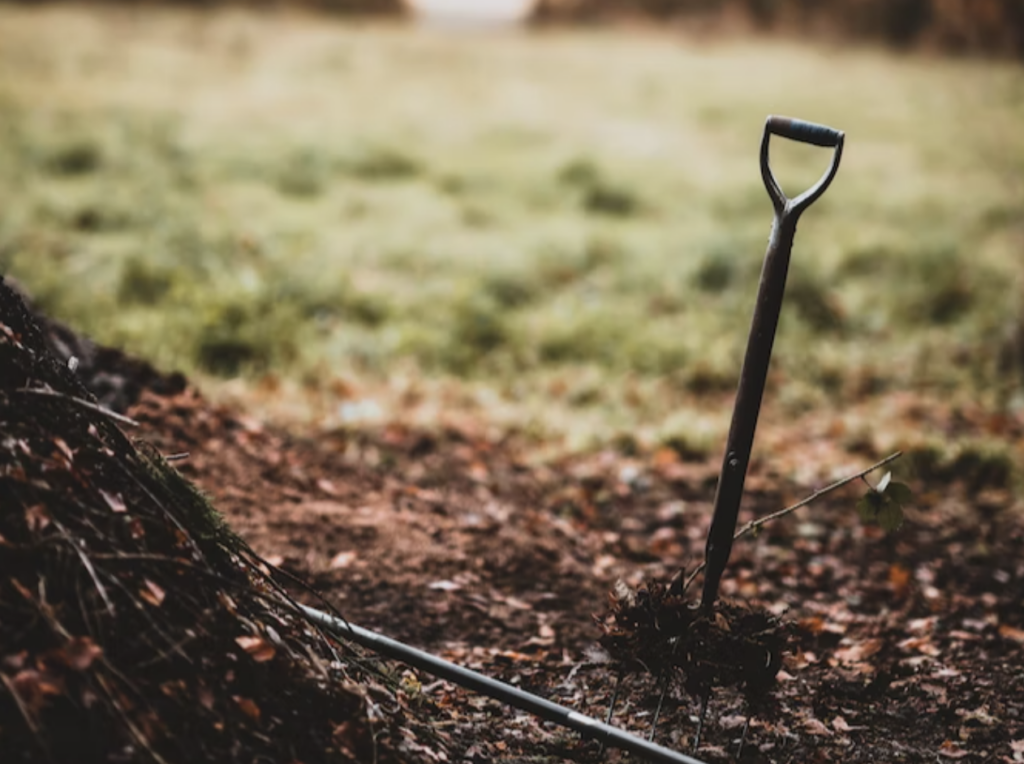Human Composting Is The Newest Way To Be Buried In California
California just legalized human composting as an acceptable form of burial in the state, joining Washington, Vermont, Colorado, and Oregon.
This article is more than 2 years old
When you think about the environmental movement, things like wind farms, solar panels, tree planting, and electric vehicles likely come to mind. However, in recent years a new trend has popped up that takes green alternatives to an entirely new level. That trend is human composting – and it is making waves in the news this week, as it just became legal in California.
Over the past three years, four states quietly made human composting legal. Washington led the charge, with Vermont, Colorado, and Oregon rapidly following suit. Each state now offers a third post-mortem option for families, one they claim is more environmentally friendly.
This week, California made news headlines once again when Governor Gavin Newsom signed AB-351 into law. The bill makes human composting legal in the state and will go into effect in 2027. And a Washington-based company named Recompse will likely be the first to offer its services once the law goes into effect.
Katrina Spade played an instrumental role in the passage of Washington state’s human composting law and founded Recompose. Spade invented the process known as natural organic reduction. Essentially it turns the human body into mulch over a few months.
Families who choose this post-mortem option will turn the body of their loved one over to Recompose. They place it into a container with organic material and wood chips and left to decompose. The company cures the resulting mulch for a few weeks before the company turns it over to the family.
The process of human composting produces about a cubic yard of soil (or mulch). This factor is one of the reasons proponents claim that this process is significantly better for the environment. According to them, it offers a green alternative to final resting options.

Assemblymember Cristina Garcia sponsored AB-351, and she is thrilled with its passage. In a press release, she stated: “With climate change and sea-level rise as very real threats to our environment, this is an alternative method of final disposition that won’t contribute emissions into our atmosphere.” According to Garcia, each body that goes through the human composting process will save approximately a metric ton of CO2.
Gizmodo dug into this to learn how significantly traditional burial and creation impact the environment. What they found was shocking. Each traditional burial utilizes 3 gallons of embalming liquid, which amounts to 5.3 million gallons getting buried annually.
And cremation is not much better. Every cremated body generates 500 pounds of carbon dioxide. The annual total is around 360,000 metric tons of carbon dioxide.
Garcia, Spade, and other supporters of human composting hope to spur a new shift in environmental awareness. They have worked hard over the years to draw attention to the impact of humans on the environment. It seems their mission has gained some traction.
Many people were likely not aware of this side of the green movement. But with the news that California is on board, human composting will now be part of general public knowledge. Since five states have passed similar legislation in just three years, it is possible this new green trend will find a foothold in the broader US.




